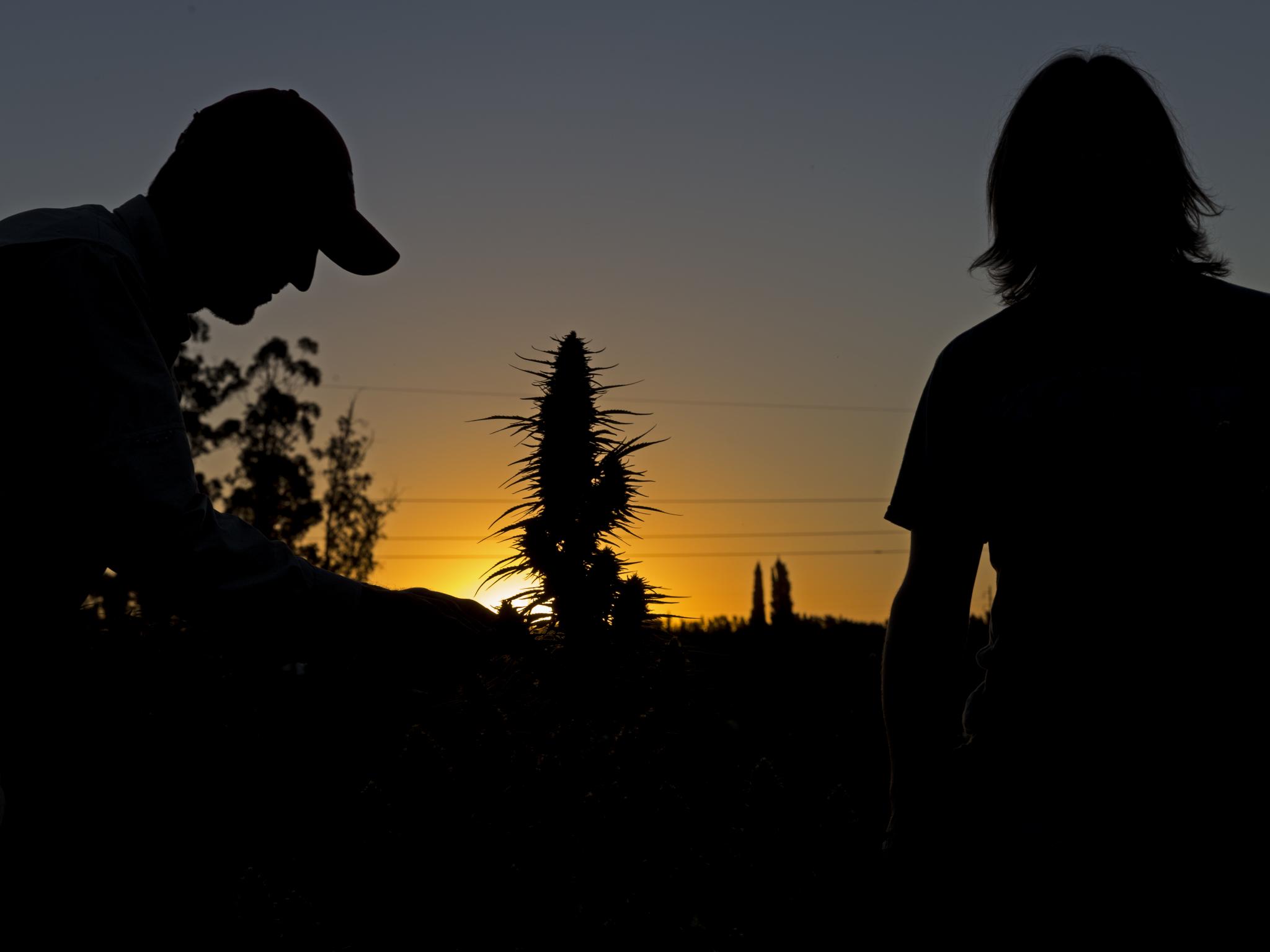
Michigan’s Marijuana Regulatory Agency (MRA) recently created a new license type that allows universities to purchase or produce their own cannabis for educational purposes. However, since cannabis is still federally illegal, and universities often depend on accepting federal funding, they’re hesitant to implement courses, degrees or certificates focused on marijuana. MRA director Andrew Brisbo told MLive he’s been thinking about how the state agency can contribute to cannabis education.
The license allows schools to procure, grow, process, and study cannabis products but needs to be approved by the DEA. Brisbo said the MRA is working with the federal agency on the potential registration of post-secondary schools as long as there is an underlying state license.
Brisbo explained that if that were the case, cannabis programs would allow students to touch plants, engage with products that are actually available in the market, and contribute to positioning Michigan as a leader in cannabis education.
“The reason academic institutions lean that way is to avoid some federal pushback related mostly to financial aid,” said Benjamin Southwell, assistant professor of Bio-Analytical Chemistry and Superior Analytics Manager at Lake Superior State University. “We don’t want to interfere with our students being able to receive grants and loans from the federal government.”
Meanwhile, a DEA spokesperson Brian McNeal said that any institution that wants to utilize cannabis for teaching activities needs to register with the DEA as an analytical laboratory.
Prof. Southwell noted that most of their programs work with cannabis that has THC concentrations below 3%, at least until the university can secure DEA permission, they'll focus on hemp.
“We have students who go to provisioning centers, gas stations, or wherever CBD is sold (...) We can buy those now and we’re doing that,” Southwell said.
Having access to products that are currently in the market is vital for scientific research.
A genetic study conducted by a team of researchers affiliated with the University of Northern California on “research-grade marijuana” samples provided by the US National Institute on Drug Abuse found that these cannabis samples were substantially different from most commercially available strains, reported NORML.
Medical Marijuana Research Act
In 2021, a bipartisan group of federal lawmakers introduced a bill to remove barriers to conducting research on marijuana. The bill will allow scientists to access cannabis from state-legal dispensaries. The Medical Marijuana Research Act, filed by Rep. Earl Blumenauer [D-OR] and Rep. Andy Harris [R-MD] would ease the process by which researchers apply for approval to study cannabis and it would place deadlines on federal agencies to consider the applications in a timely manner.
“This legislation would remove barriers for research into cannabis and facilitate access to an increased supply of higher quality medical-grade cannabis for research purposes,” said Blumenauer.
First DEA-Approved Company To Harvest Cannabis For Medical Research
In March 2022, the York County, PA-based Groff North America became the first company in the U.S. to introduce its cannabis crop for legal medical research. The news comes some 10 months after the DEA announced it will begin approving applications allowing some marijuana growers to become federally authorized to cultivate the plant for research purposes. Up until now, only one cultivator – a farm functioning as part of the University of Mississippi – was the only legal source of cannabis for federal research. The university had obtained the license back in 1968, which made it the only source for research cannabis in the United States for over 50 years.
Photo By Lelen Ruete.







